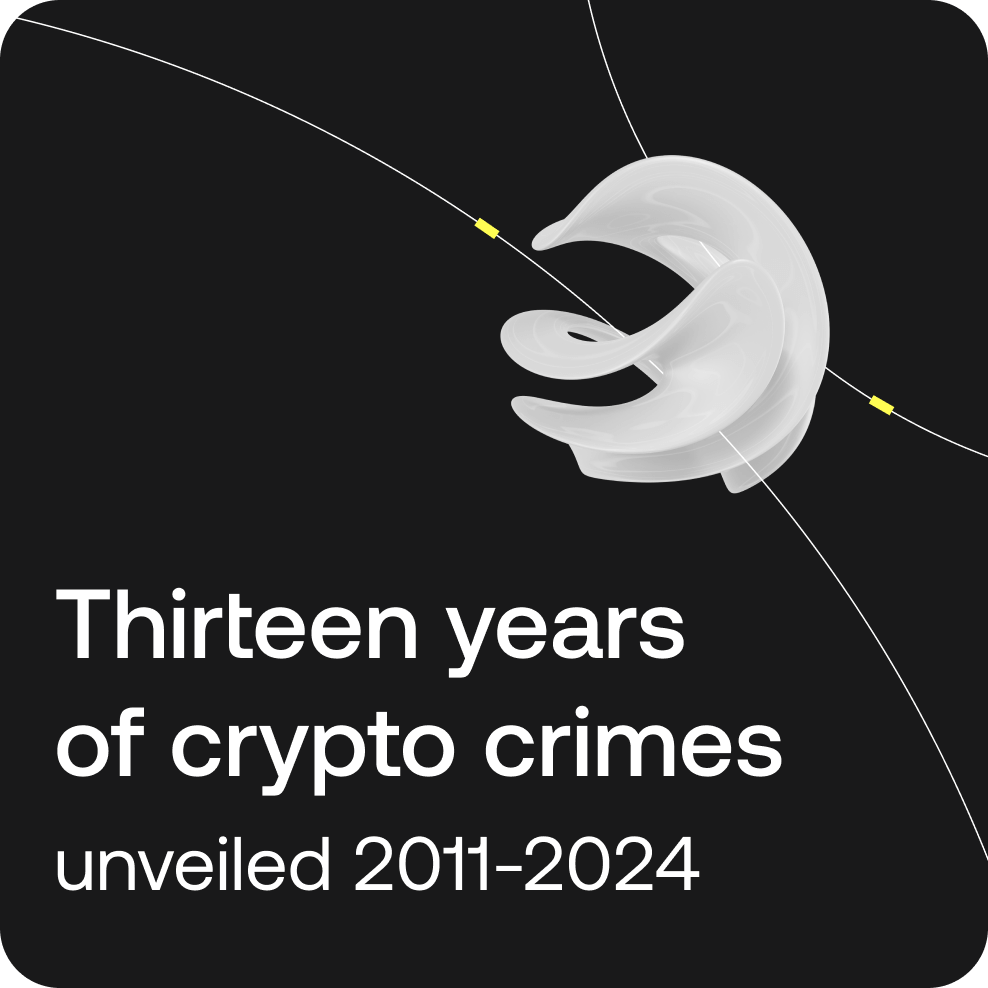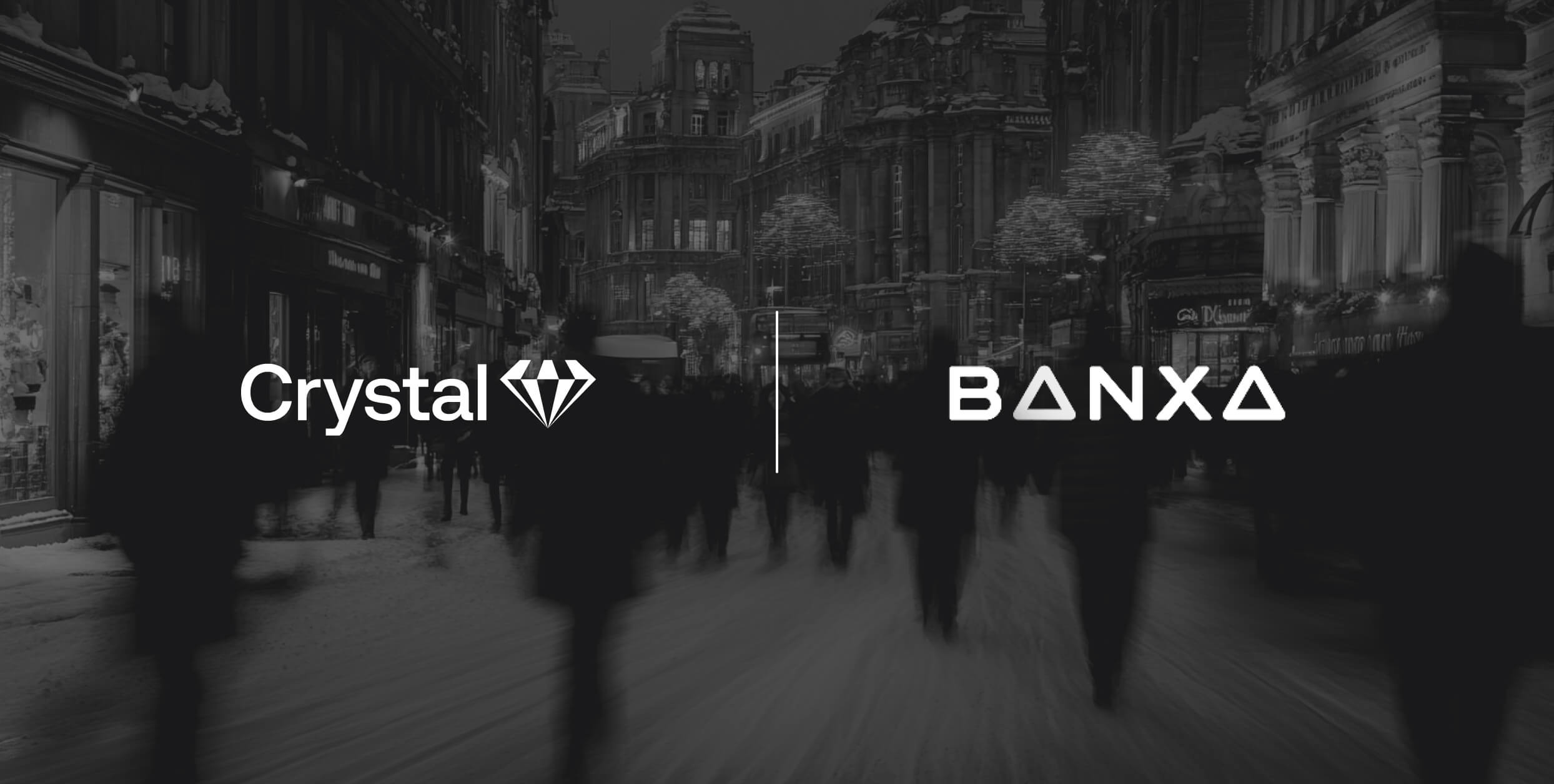This week, we focus on stories in the Gulf region. The UAE has paved the way for integrating a stablecoin into the economy, illegal Bitcoin miners in Iran were blamed for serious electricity crises while the country turned to crypto to overcome sanctions, and Bahrain’s Prime Minister and Crown Prince received the first Crypto.com card.
To find out more about these stories, read on.
UAE central bank to allow businesses to use cryptocurrency stablecoin
The UAE’s cryptocurrency regulators recently approved a dirham-backed stablecoin.
AE Coin announced in a LinkedIn post that “through the UAE Dirham Digital Wallet, customers will be able to purchase its AE Coin and conduct secure and stable virtual financial transactions”.
While the new rules aim to integrate decentralized currencies into the mainstream economy, other digital assets such as Bitcoin and Tether are still excluded — other than in financial-free zones – to maintain financial security.
Find out more about this story at Gulf Business.
Iranians use cryptocurrencies to overcome US sanctions
Iran has been forced to embrace cryptocurrency to mitigate the impact of US sanctions which are restricting the country’s access to global financial networks.
The Central Bank of Iran (CBI) approved a new regulatory framework for cryptocurrencies to balance oversight of the industry with economic development in early December.
According to the Tehran Times, Iran is taking a unified approach to crypto industry regulation through its “Policy and Regulatory Framework for Cryptocurrencies,” which mandates licensing for crypto brokers and custodians to ensure compliance with tax regulations, as well as with anti-money laundering and counter-terrorism financing rules.
Find out more about this story at TV Brics.
Illegal Bitcoin miners in Iran drive power crisis
Illegal crypto miners are exploiting Iran’s heavily subsidized electricity and are said to be a major factor behind the severe power crises in Tehran and neighbouring provinces in October and November of 2024.
With reportedly the world’s cheapest electricity ($0.002 per kwh), in Iran the cost of mining one Bitcoin is $1,320, compared to $100,000 in the USA and $300,000 in Ireland.
The CEO of Iran’s state electricity company, Tavanir, explained that the power used by 230,000 unlicensed devices is the same as the total demand of the country’s major manufacturing region, the Markadi province.
In August 2024 Iran International reported that the government had introduced “a bounty of 1 million toman” ($24) to incentivize citizens to report unlicensed crypto mining equipment.
Find out more about this story at Crypto Daily
Bahrain Crown Prince gets first Crypto.com card
On December 12, 2024, Bahrainian Crown Prince and Prime Minister Salman bin Hamad Al Khalifa became the first person to receive a Crypto.com card in a major step forward for Bahrain’s digital finance sector.
The card enables users to make transactions at over 150 million locations worldwide, both online and instore, and get an eight percentreward for all spending.
The partnership between Crypto.com and Mastercard is part of a movement to incorporate cryptocurrencies into regular commerce, according to both Karl Mohan of Crypto.com and Amnah Ajmal of Mastercard.
The event is an indication of Bahrain’s innovative role as a fintech hub in the region. It also acknowledges the Saudi government’s proactive approach to digital finance, which is enabling innovation and growth in several sectors and in turn influencing other nations within the Gulf Co-operation Council (GCC) region.
Find out more about this story at Bitcoinist.



